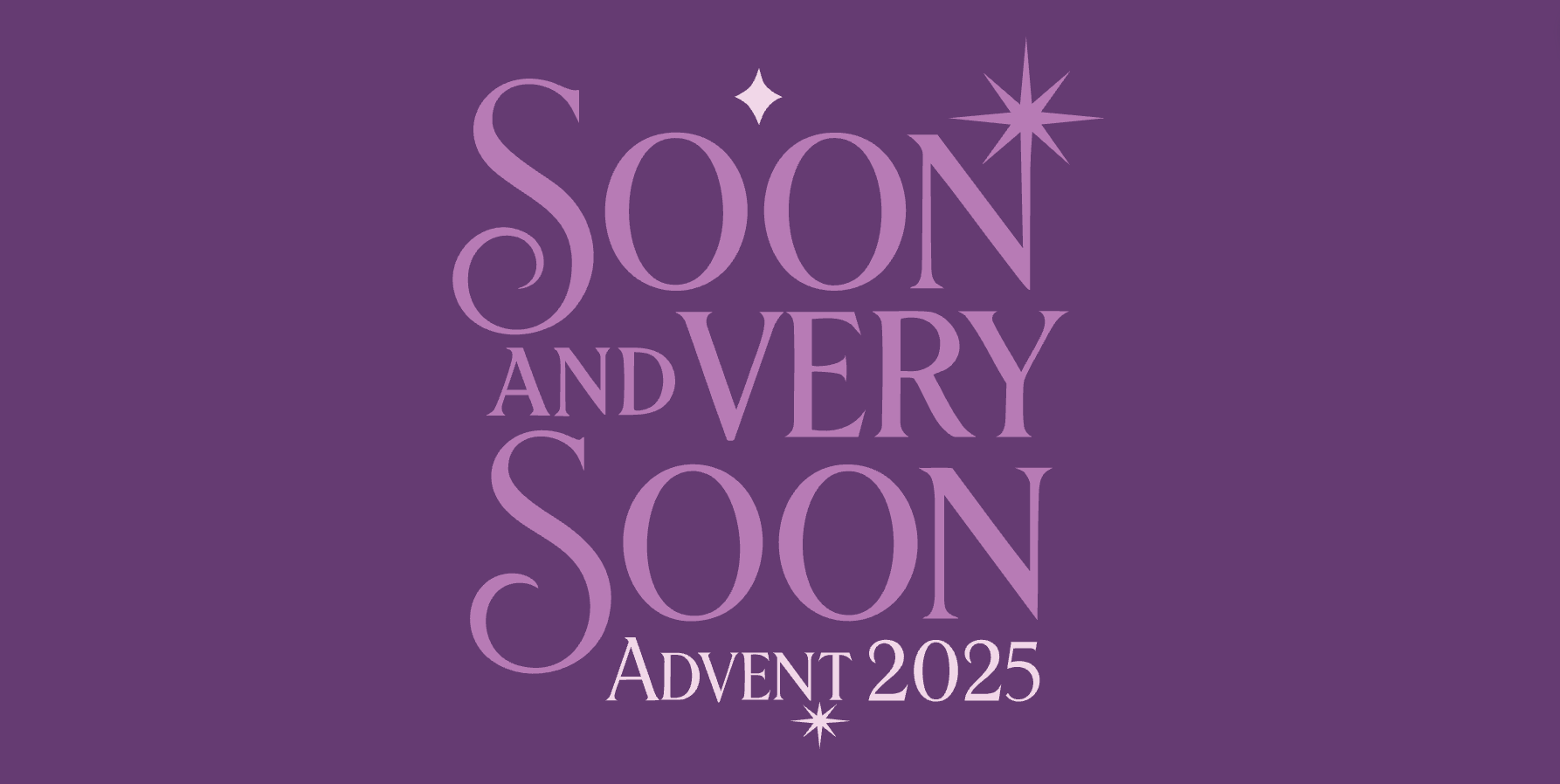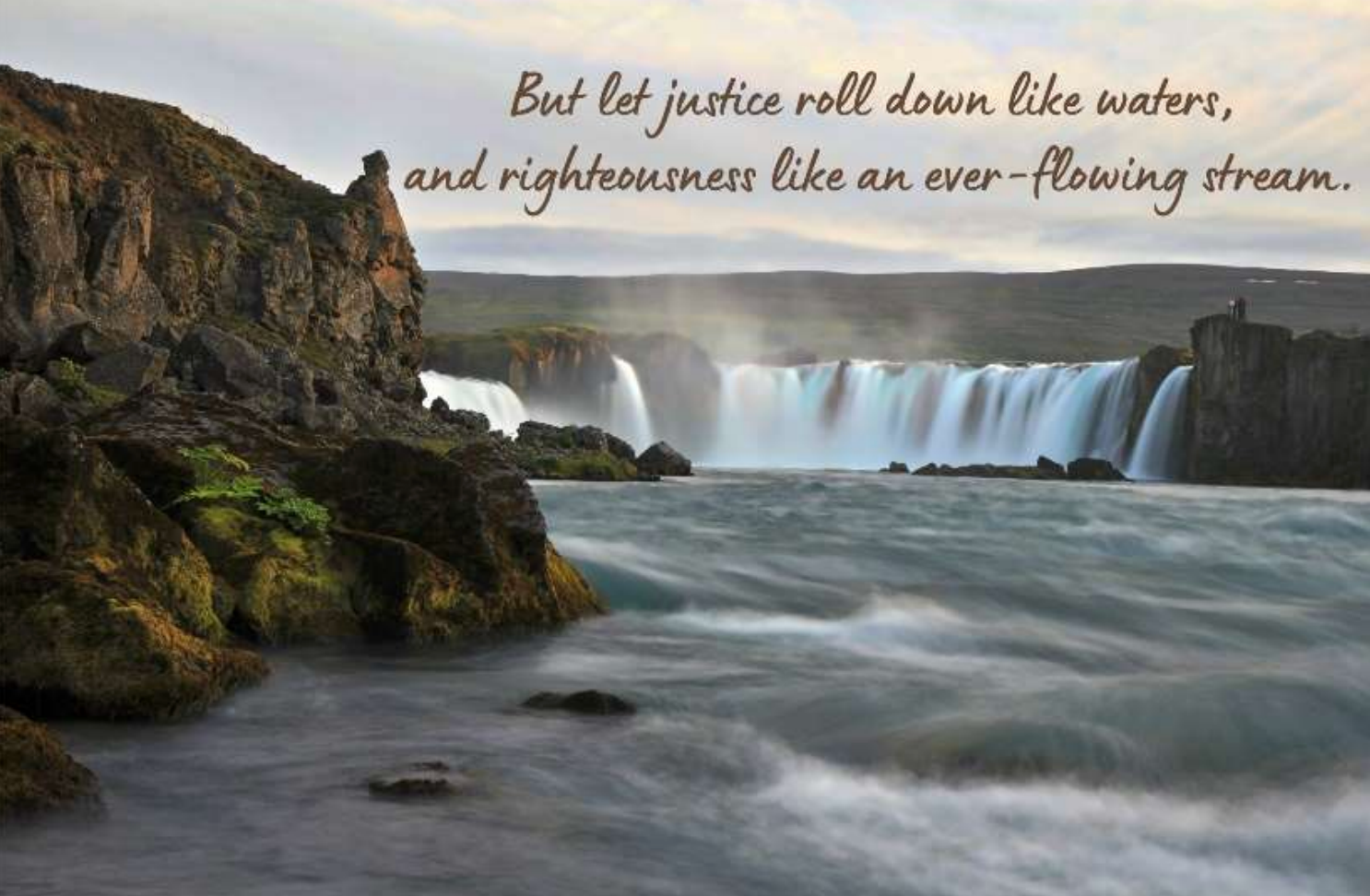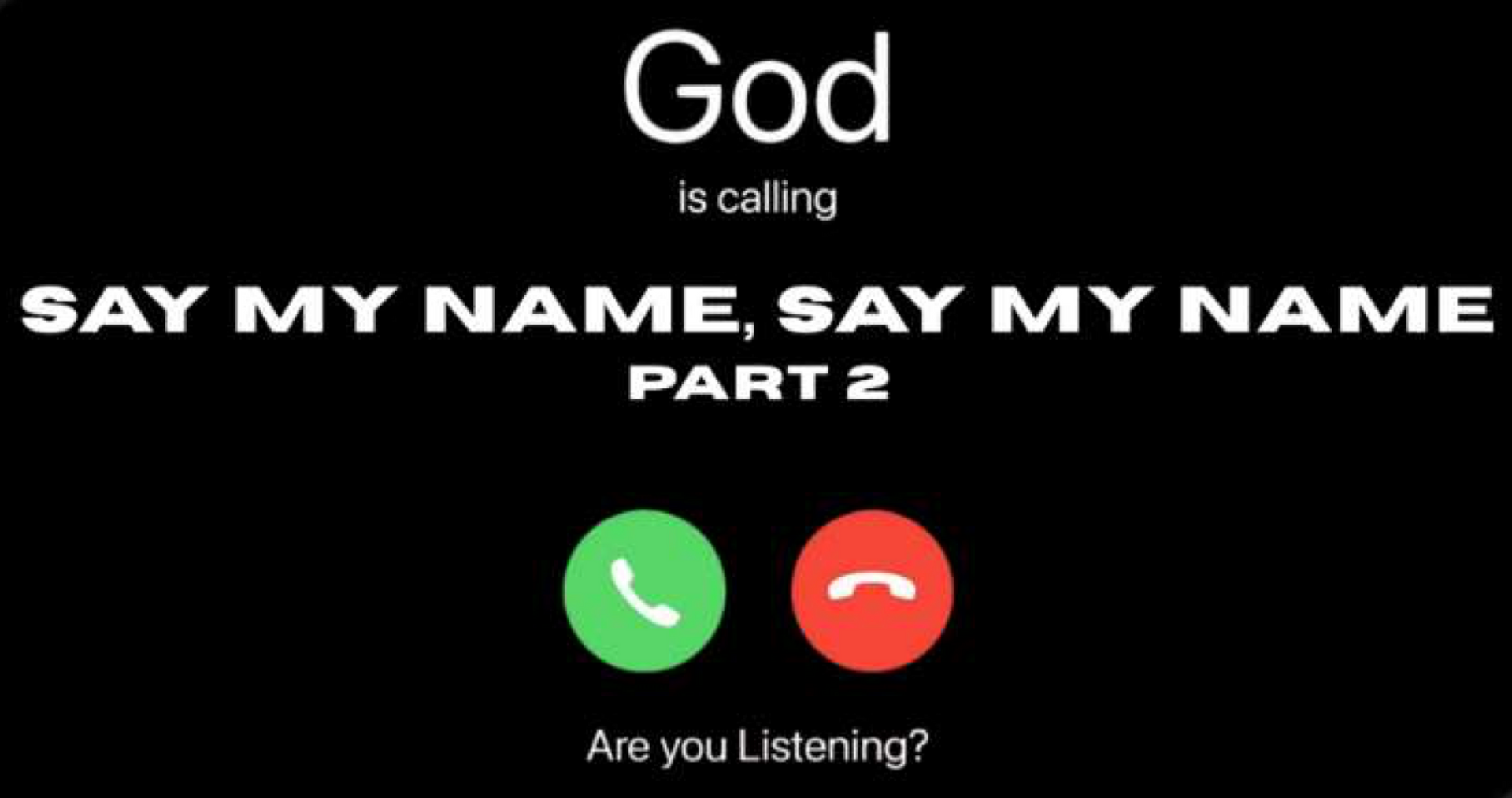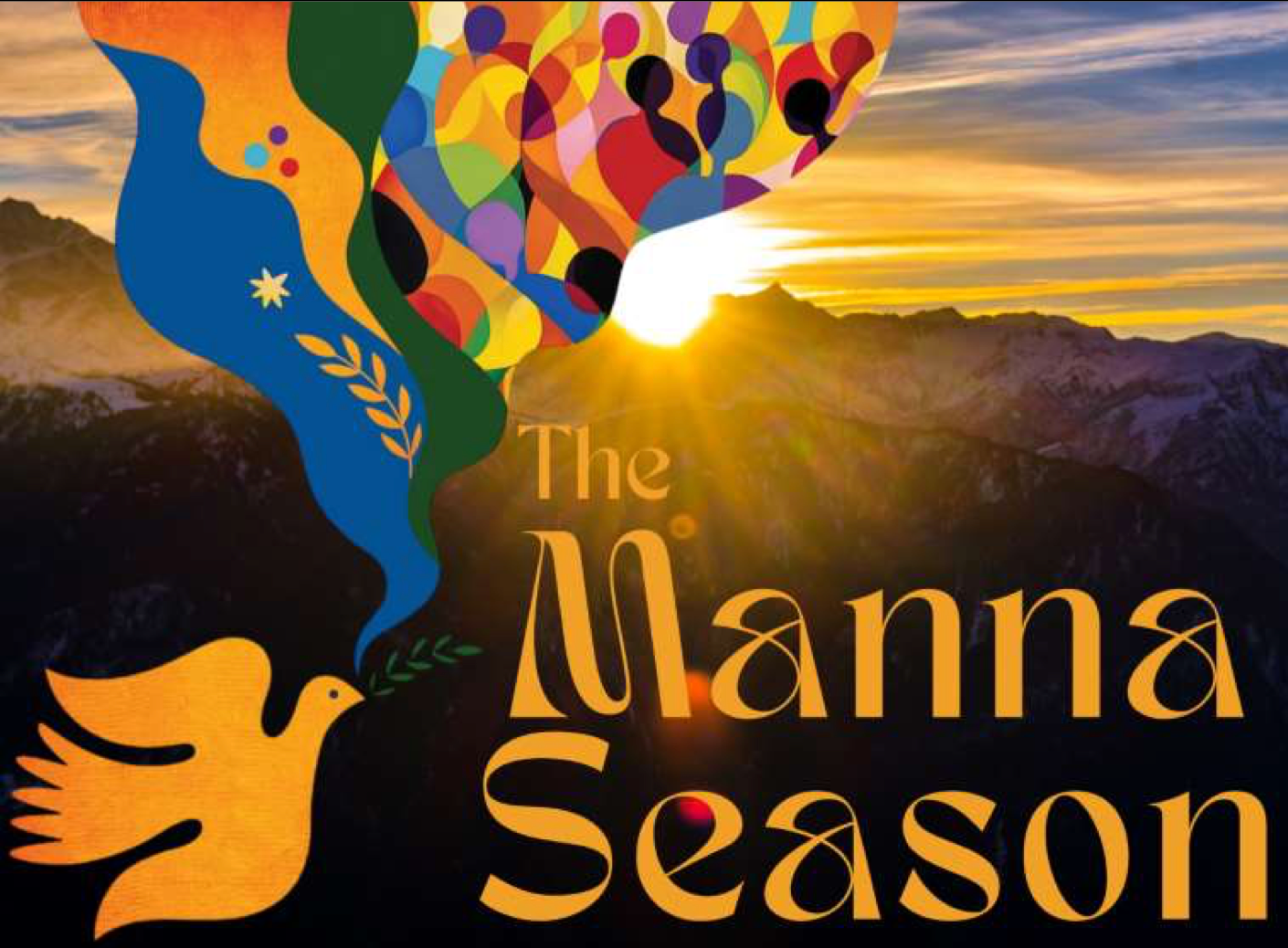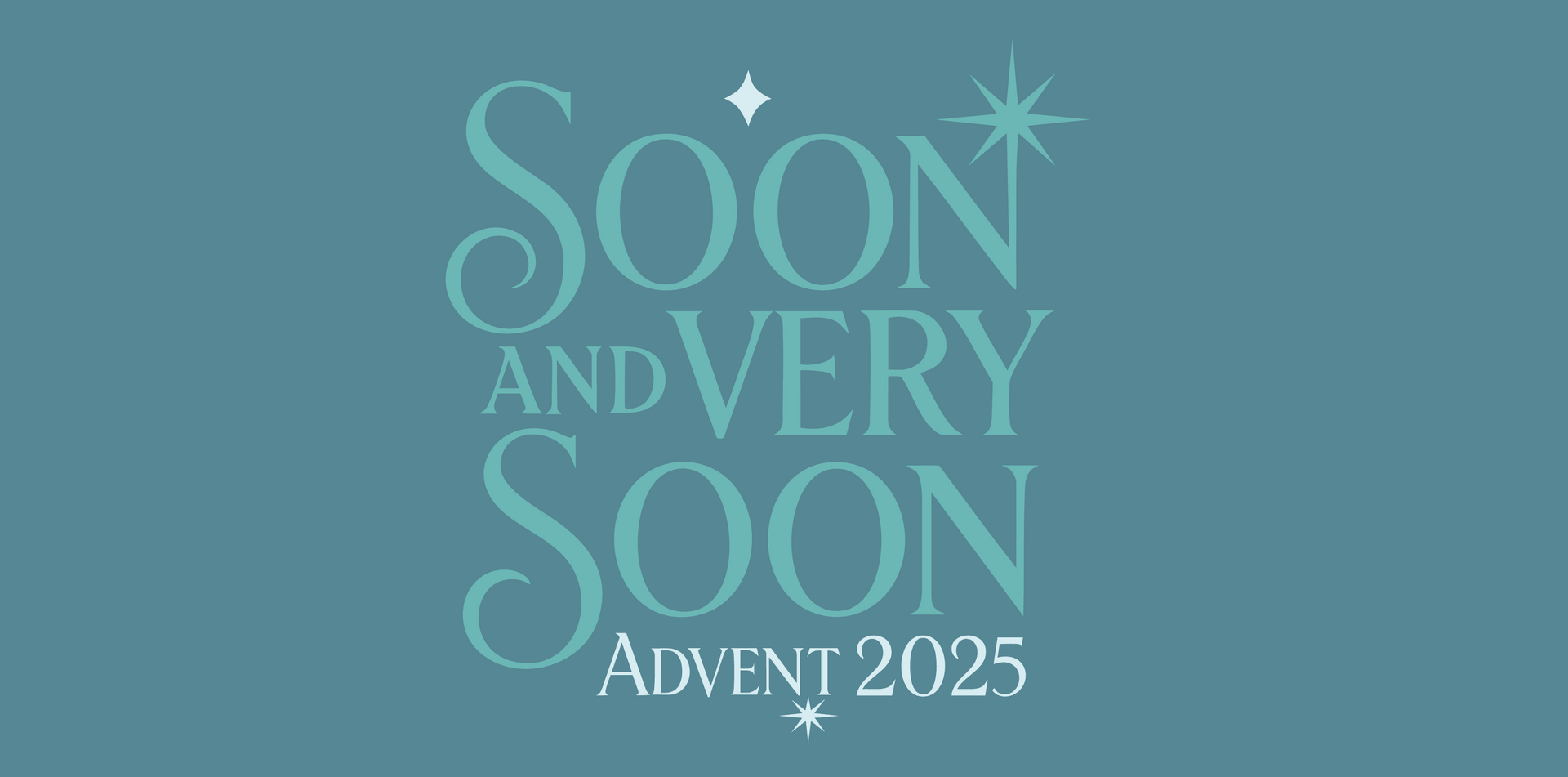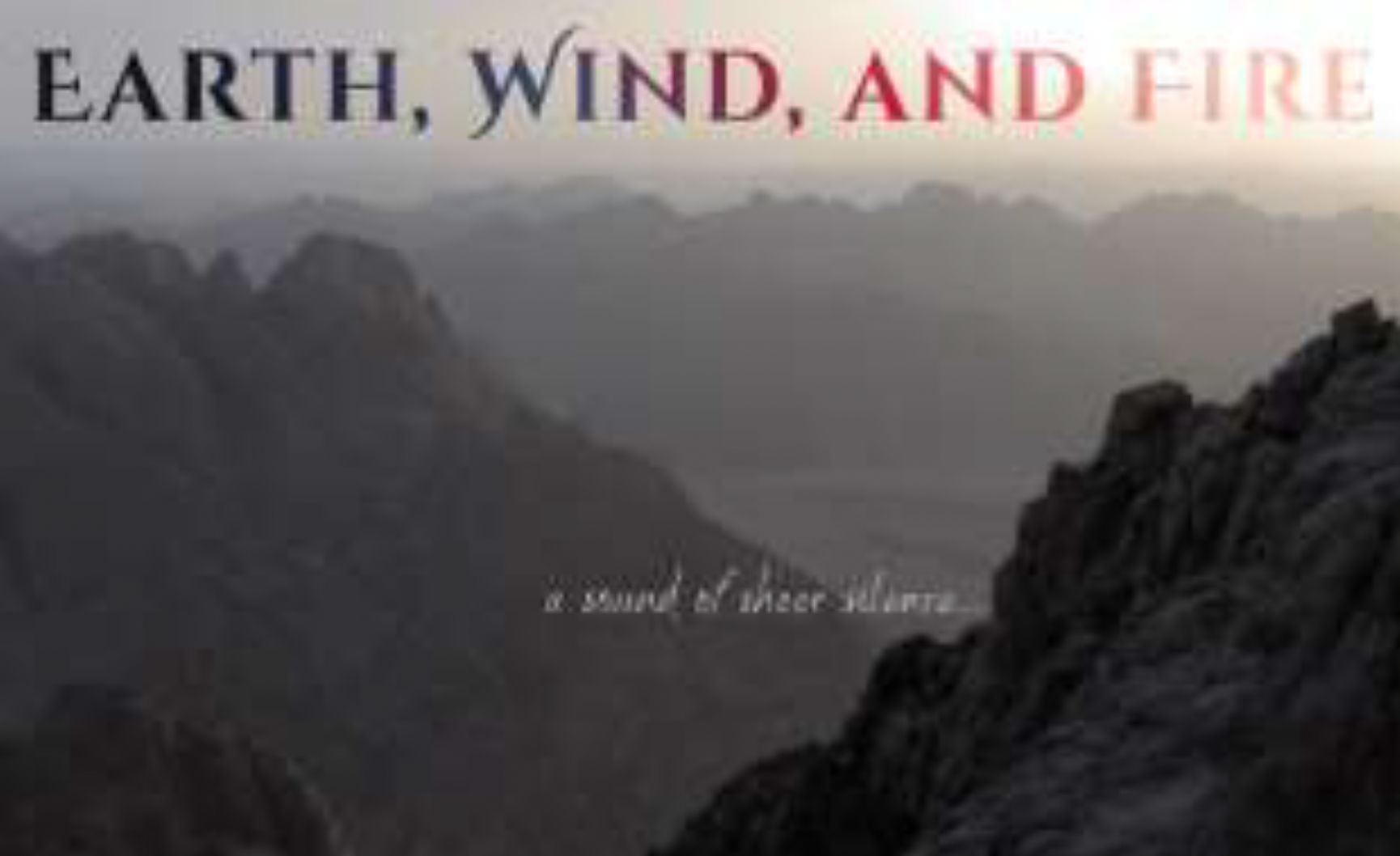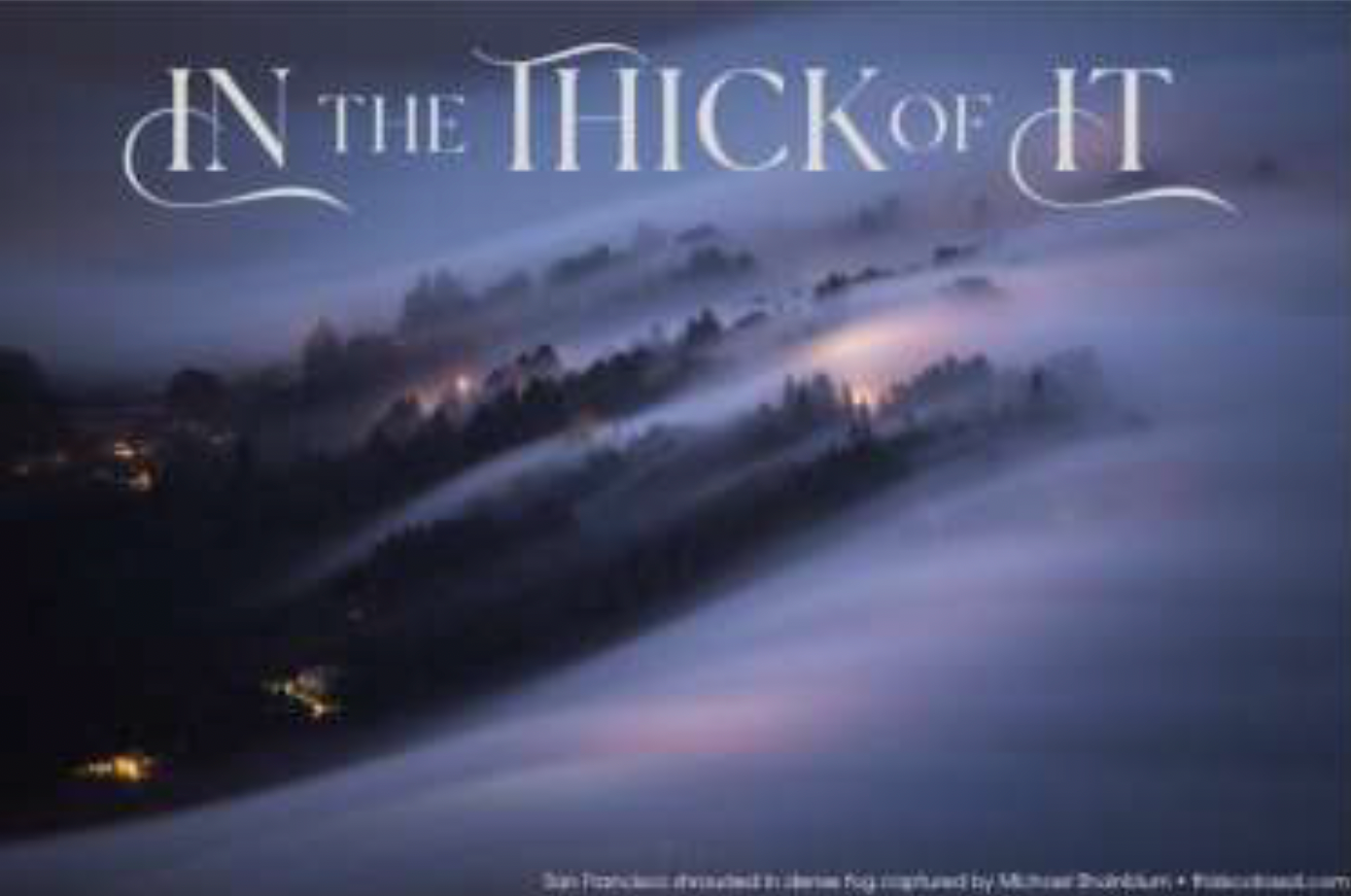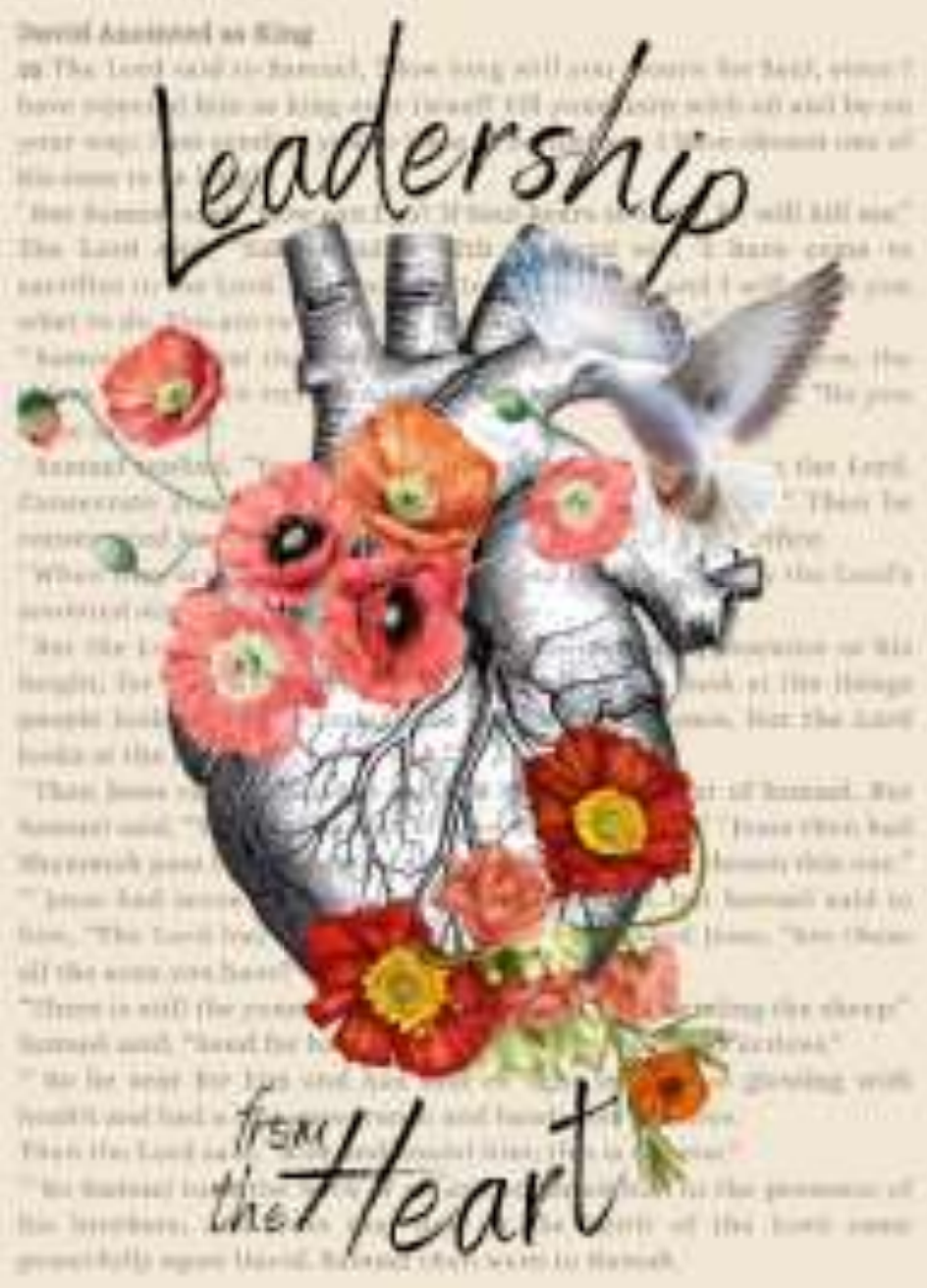Sermon 06.30.2024: Our Whole Truth
In some of the most beautiful verse in scripture, the psalmist calls us to remember how deeply we are known by God, and how deeply we are loved. And it matters deeply. Sometimes in life we feel alone, we worry that either we have strayed beyond where God would follow, or we feel life has taken us past the limits of where God’s love would extend. It is a lie we tell ourselves—that we are beyond God’s love. It is a lie we tell about other people too.
As we celebrate PRIDE, and wrap up our sermon series on the Psalms, come be reminded of how much God loves you. Yes, you.
Scripture
Psalm 139
O Lord, you have searched me and known me.
You know when I sit down and when I rise up; you discern my thoughts from far away.
You search out my path and my lying down, and are acquainted with all my ways.
Even before a word is on my tongue, O Lord, you know it completely.
You hem me in, behind and before, and lay your hand upon me.
Such knowledge is too wonderful for me; it is so high that I cannot attain it.
Where can I go from your spirit? Or where can I flee from your presence?
If I ascend to heaven, you are there; if I make my bed in Sheol, you are there.
If I take the wings of the morning and settle at the farthest limits of the sea,
even there your hand shall lead me, and your right hand shall hold me fast.
If I say, “Surely the darkness shall cover me, and the light around me become night,”
even the darkness is not dark to you; the night is as bright as the day, for darkness is as light to you.
For it was you who formed my inward parts; you knit me together in my mother’s womb.
I praise you, for I am fearfully and wonderfully made. Wonderful are your works; that I know very well.
My frame was not hidden from you, when I was being made in secret, intricately woven in the depths of the earth.
Your eyes beheld my unformed substance. In your book were written all the days that were formed for me, when none of them as yet existed.
How weighty to me are your thoughts, O God! How vast is the sum of them!
I try to count them—they are more than the sand; I come to the end—I am still with you.
O that you would kill the wicked, O God, and that the bloodthirsty would depart from me—
those who speak of you maliciously, and lift themselves up against you for evil!
Do I not hate those who hate you, O Lord? And do I not loathe those who rise up against you?
I hate them with perfect hatred; I count them my enemies.
Search me, O God, and know my heart; test me and know my thoughts.
See if there is any wicked way in me, and lead me in the way everlasting.
Sermon Text
This is one of my very favoritest passages of scripture. Maybe it’s because I’m adopted, and it is such a powerful idea to have always been known by God, even as I was being knit together in my mother’s womb, during a pregnancy that was not wanted by my mother. God was, even then, in the midst of that pain, knitting together a future for me, one with hope, one in love.
‘In your book were written
all the days that were formed for me,
when none of them as yet existed.’
This psalm somehow transcends the messy reality of our earthly life, claiming that every single one of us, every single one of “them” (whoever that is to you) is fearfully and wonderfully made. And no category of human division can change that.
We are going to leave worship and march together in San Francisco’s Pride parade, a parade that began as protest. It is fitting that we remember our createdness as we head to Pride. It is a gift to celebrate with people who are able to live into the ways God has created them in love to be.
And as we celebrate that our denomination is fully inclusive in our policy, we also repent that it took so long for us to get there. And we lament the people whose were excluded from sharing their gifts and their ministry with us. We also know that the work of justice is uneven and slow in places, and so we continue to commit to the work of making the church more welcoming, more generous, and more just.
There are people out there trying to convince us to divide and to see each other as enemies, or as people to whom we are not connected. It is a lie. There are no people who don’t matter. Pay attention to our tendency to write people off. “Oh, you’re voting for that guy? You must be an idiot who hates America”, as one of my cousin’s friends said to me, a stranger, on Facebook last week. It is fine to disagree on matters of policy. I highly encourage people to pay attention to policy and law. It cannot be okay to disagree on someone else’s humanity, dignity, or worth.
We were all knit together by God with love in our mother’s wombs. The ways we categorize and divide, the ways we limit and judge—those are our ways, not God’s way. Even if the church has often led the call for division. It is not God’s way. And God needs us to be loudly speaking that truth in both our words and our actions because people out there still are yearning to hear they are loved by God.
I also love this psalm so much because of the beautiful, sweeping poetry, and the imagery of the truth that there is no single place we could go in the universe and not find God.
Where can I go from your spirit?
Or where can I flee from your presence?
If I ascend to heaven, you are there;
if I make my bed in Sheol, you are there.
If I take the wings of the morning
and settle at the farthest limits of the sea,
even there your hand shall lead me,
and your right hand shall hold me fast.
I read that passage and my whole body relaxes with the truth that I am always and forever in the presence of the God who made me in love.
Sometimes in life we feel alone, we worry that either we have strayed beyond where God would follow, or we feel life has taken us past the limits of where God’s love would extend. It is a lie we tell ourselves—that we are beyond God’s love. It is a lie we tell about other people too, as if the person they voted for, or the people they love, could take them beyond God’s love.
The apostle Paul, I’m convinced, was deeply shaped by the imagery of Psalm 139. Listen to this verse from the end of the 8th chapter of his letter to the Romans.
For I am convinced that neither death, nor life, nor angels, nor rulers, nor things present, nor things to come, nor powers, nor height, nor depth, nor anything else in all creation, will be able to separate us from the love of God in Christ Jesus our Lord.
If you hear nothing else I ever preach about again, please hear this:
You are God’s beloved child, fearfully and wonderfully made, and nothing can ever separate you from God’s love.
I’m still preaching though, so you have to keep listening.
We used this Psalm at All Church Camp a few weeks back. The stories we shared with each other reminded me of the importance of sharing stories with each other, because you can’t tell by looking at someone what their journey has been. I felt the same the past two weeks on the choir tour. Sitting on a bus with someone gives you time to get to hear about their journey. You don’t have to leave town for this, of course, but you do need to be intentional to spend time with people, more than just saying hello at coffee hour.
And more than sharing our stories, it matters that we share our whole stories. If I told you only the stories of my life where I got all the right answers, and did all the right things—it would be a part of my truth—a small part—but just a part of my truth. It wouldn’t be the whole truth. And more than that, it wouldn’t be the part of my story that would allow us to connect with each other.
I’ve certainly learned more about myself through my trials than I have through my successes. I’m sure that I’ve learned more about my friends through trials than through the easy places, too. And there is something comforting in being able to be fully honest about our lives too.
The psalmist says,
Even before a word is on my tongue,
O Lord, you know it completely.
Which means God knows when we speak truth. And when we don’t. All of what I said earlier about being God’s beloved children, fearfully and wonderfully made still applies even when we are at our worst. We can’t ever flee from God’s love, no matter what words are on our tongues.
But we can, and do, lie. Sometimes the words that form on our tongues are lovely and true. And sometimes they aren’t.
In the Brothers Karamozov, Dostoevsky writes:
“Above all, do not lie to yourself. A man who lies to himself and listens to his own lies comes to a point where he does not discern any truth either in himself or anywhere around him, and thus falls into disrespect towards himself and others. Not respecting anyone, he ceases to love, and having no love, he gives himself up to passions and coarse pleasures, in order to occupy and amuse himself, and in his vices reaches complete bestiality, and it all comes from lying continually to others and to himself.”
There has been lots of lying in the news lately. Some of it leading to criminal charges and pleas. And it is a reminder of the need to speak truth, the whole truth, and to take responsibility for our words, our actions, our mistakes, our lies.
Lying is another way of not bringing our whole story with us. We pretend truth isn’t truth. And we pretend we fool God and neighbor. The psalmist asks God,
Where can I go from your spirit?
Or where can I flee from your presence?
If I ascend to heaven, you are there;
if I make my bed in Sheol, you are there.
God isn’t afraid of our true selves. God doesn’t need to be told some made up story. God is with us, even in Sheol.
Are we brave enough to be honest with each other, and with God? Are we brave enough to share our whole stories? Are we kind enough to trust that others may have stories we haven’t yet heard?
In A Farewell to Arms, Ernest Hemingway, wrote:
“The world breaks everyone and afterward many are strong at the broken places.”
Our transformation and growth happens at the broken places. Which doesn’t mean we go looking to break ourselves, or break others. It means we don’t pretend we have somehow made it through life without pain, and brokenness and hurt. It means we respond to others ’broken places with kindness.
You may have heard before of the Japanese pottery technique that fixes broken pieces of pottery by rebuilding it with gold. It highlights and emphasizes the cracks and brokenness, making what was broken beautiful.
Are we willing to see beauty in each other’s broken places? Will we help pour gold over them to give them new strength and renewed purpose?
I’m a big fan of 12 step, recovery groups. Those of you who are doing the work of 12 step recovery from addiction, or who have done the work, know what it is to be honest about your story. Working through the steps requires people to honestly assess their behavior, their responsibility, the harms they have inflicted on others and themselves, the things they need to do to make amends, and the ongoing work to remain honest in their assessment of their own stuff.
In the Big Book of AA, they describe it this way:
We pocket our pride and go to it, illuminating every twist of character, every dark cranny of the past. Once we have taken this step, withholding nothing, we are delighted. We can look the world in the eye. We can be alone at perfect peace and ease. Our fears fall from us. p. 75
There is power in bringing your whole story to the light. When we can do it at church, it’s even better.
Religion has not always been the best place to acknowledge our brokenness.
Putting on our Sunday “best” is fine, as long as we allow our Monday “worst” to also be seen, and acknowledged.
We even see this “Sunday best” tendency in how the church has read scripture. We want to read the pretty parts, and pretend the other verses aren’t there, or aren’t relevant.
When this psalm is usually read in worship, we normally only hear parts of it. But the part we always leave out, and which I intentionally left in today, is the not pretty part.
O that you would kill the wicked, O God,
and that the bloodthirsty would depart from me—
those who speak of you maliciously,
and lift themselves up against you for evil!
Do I not hate those who hate you, O Lord?
And do I not loathe those who rise up against you?
I hate them with perfect hatred;
I count them my enemies.
Is it hopeful or depressing that the poet who wrote those verses, dripping with venom, also wrote the rest of the psalm?
Probably both. The truth is that we are people who make beautiful poetry that points others to God AND we sometimes want our enemies to be smited (smote? smitten? not sure on the past tense for smite) by God.
The psalmist doesn’t end with dreams of killing his enemies, though. He doesn’t even back space and delete the section. He leaves it there and then says:
Search me, O God, and know my heart;
test me and know my thoughts.
See if there is any wicked way in me,
and lead me in the way everlasting.
It is an acknowledgement that the wickedness we see in our enemies is potentially in our own hearts too. We say a prayer of confession each week in worship, to model a practice of confession in our daily lives.
Search me, O God, and know my heart.
In a world where people claim there is no truth, and that lies don’t matter, and where stories are not safely or wholly told, I pray we can be a community where God’s truth gives us courage to tell our whole truth, and to let other people live their honest truth too. You were made in love. You were created with intention and hope. May you live as the person you know God made you to be.
May we continue to turn to God to lead us in the way everlasting.
